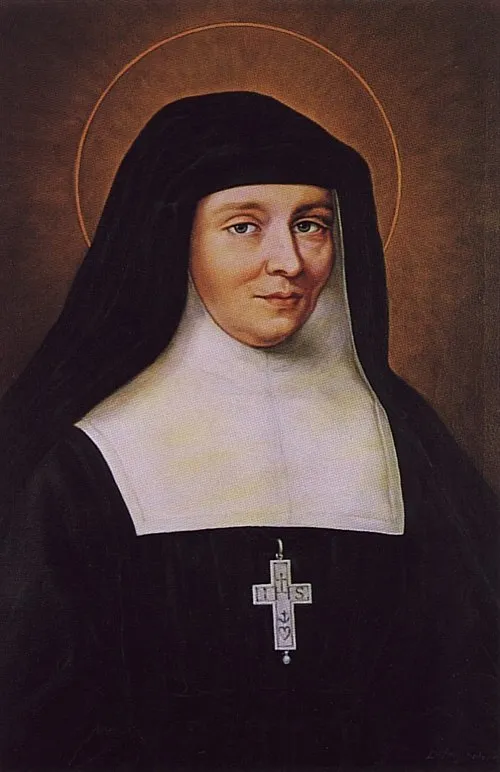
Exploring the Life and Legacy of Finnian of Clonard
Finnian of Clonard, an eminent figure in early Irish Christianity, is celebrated for his profound influence on the spread of Christianity throughout Ireland during the 6th century. Known as St. Finnian, he is often regarded as the founder of Clonard Abbey and a pivotal mentor to many prominent saints of his time.
The Early Life of Finnian
Finnian was born around 480 AD in West Meath, Ireland. His early life was steeped in Christian teachings, likely influenced by the growing Christian community in Ireland. As a young man, he traveled to the east coast of Britain, where he studied under some of the greatest minds of the period, including Saints David and Illtud. These experiences greatly shaped his theological understanding and pastoral approach.
Founding Clonard Abbey
Upon returning to Ireland, Finnian established the famous Clonard Abbey around the year 520 AD. Situated on the banks of the River Boyne, Clonard became a significant center of learning and monastic life. It attracted numerous disciples, including some of the most noted saints in Irish history, such as Columba and Kevin. Through his teachings, Finnian emphasized the importance of education, spirituality, and communal living.
His Role as a Teacher and Mentor
Finnian's impact as an educator cannot be overstated. His abbey became known as a beacon of knowledge and piety. Many scholars believe he contributed to the curriculum that combined theology, logic, and the study of Latin and Greek texts. Finnian’s teachings fostered a generation of saints that played a significant role in spreading Christianity throughout Ireland and beyond.
The Legacy of Finnian of Clonard
Finnian’s legacy is rooted deeply in the historical and spiritual fabric of Ireland. He is often referred to as the ‘Apostle of the Saints’ for his role in nurturing future leaders of the Church. His feast day is celebrated on December 12, honoring his contributions to Irish Christianity.
Clonard Abbey eventually became a model for other monastic communities, encouraging a revival of Christian learning during the early medieval period. Today, Finnian of Clonard is remembered through various local legends, churches, and educational institutions that bear his name.
Conclusion
Finnian of Clonard remains a significant figure in Irish history, symbolizing the early formative years of Christianity in Ireland. His teachings and the community he built at Clonard Abbey played a crucial role in shaping the religious landscape of the region and reinforced the importance of education within a spiritual framework. As we reflect on his life, we discover an enduring legacy that continues to inspire aspiring leaders and the faithful in Ireland and beyond.






